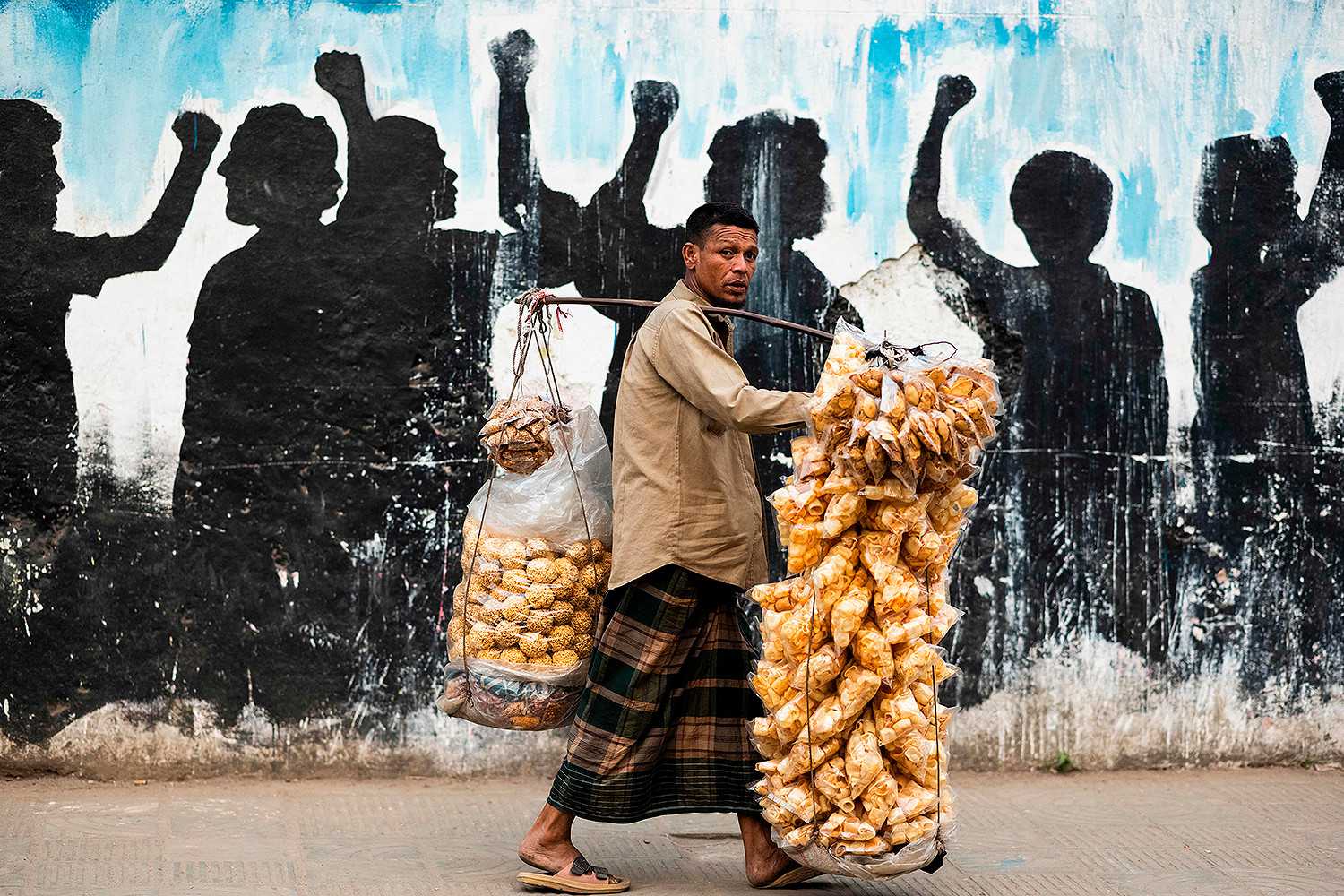Bangladesh’s Long Quest From ‘Basket Circumstance’ to Rising Star

Fifty years ago, the streets around Dhaka University were strewn with corpses of students and intellectuals killed by the Pakistani armed forces, which went around the dormitories on the lookout for Bengali nationalists. Dhaka was the premier metropolis of East Pakistan, at that time still portion of Pakistan, a nation united by religion and divided by language and separated by 1,300 miles of Indian territory, from which Pakistan possessed separated violently in 1947. The world’s deadliest tropical cyclone on record possessed ravaged East Pakistan in 1970, stoking resentment in the province, which got experienced years of neglect and sought increased financial, cultural, and political autonomy within the Pakistani federation.
In the national elections Pakistan held in December 1970, of the 162 seats in East Pakistan, the autonomy-seeking Awami Group won all but two seats. West Pakistan-corresponding to Pakistan today-sent 138 customers to the federal government assembly in Karachi, which meant that the Awami League got secured an absolute majority over the united nation and its leader, Sheikh Mujibur Rahman, must have been invited to create a civilian government. But the generals who ruled Pakistan sensed differently. Profoundly suspicious of civilians and uncertain about Bengali loyalty to Pakistan, they dragged Awami League politicians into prolonged, exasperating negotiations. On March 7, Rahman gave a rousing speech where he all but declared independence. East Pakistanis stopped cooperating with the federal government; there have been daily marches and protests. Dockworkers had stopped doing work at the Chittagong Slot.
On March 25, the Pakistani army began Operation Searchlight-a brutal repression of the protests, arrests of leading Awami League politicians, and mass killings targeting anyone suspected of helping Bengali separatism. Archer Bloodstream, a senior U.S. diplomat in what was in that case referred to as Dacca, cabled the STATE DEPT., warning that Pakistan was conducting genocide. But the White Home under then-President Richard Nixon possessed other priorities: In the fantastic video game of establishing relations with Mao Zedong’s China, Pakistan was a inclined accomplice, a go-between that was helping to help U.S. National Reliability Advisor Henry Kissinger’s magic formula visit to China. Both Nixon and Kissinger liked the Pakistani innovator, Yahya Khan, who confirmed resolve.
The Pakistani armed service spared no one-Muslims, Hindus, Christians-as it went about systematically trying to reassert authority in East Pakistan. Many young Bengali males and boys scurried over the border to India, where some joined a rebel force named the Mukti Bahini, tacitly and explicitly backed by India. Nearly 10 million refugees-about two-thirds of them Hindu, the others Muslim-crossed the border to India, stretching the capability of its extra populous but equally poor neighbor. In East Pakistan, the massacres continuing, and thousands of civilians passed away in the weeks that used. Pakistani soldiers raped thousands of women, many of them repeatedly at camps, and abducted, captured, and tortured teenagers whom they suspected of being the main rebel army. In December 1971, Pakistan’s air drive attacked airfields in India, presenting India the legal justification to formally enter the battle. (India’s motives weren’t whole humanitarian or selfless, as an independent East Pakistan critically weakened its perennial rival.) India made quick do the job, and Pakistani troops in East Pakistan surrendered to India within two weeks.
A fresh nation, Bangladesh, was created, but expectations couldn’t have already been lower. The united states was promptly dismissed as an “international basket circumstance” by Ural Alexis Johnson, the U.S. undersecretary of point out for political affairs at the time, during a December 1971 achieving. Kissinger agreed and replied: “But not necessarily our basket case.”
Previous Story
- eBay boosted by Holiday surge in online orders
- Foreign secy to go to Delhi regarding Modi’s...
- Le Meridian Dhaka brings has to celebrate fifth...
- Bangladesh-India flights to resume from today
- To boost trade India, Bangladesh add five more...
- Asia Frontier Capital - Bangladesh Travel Report
- Dhaka shuts brick kilns to fight smog, leaving...
- Buoyant economy sending positive signals to global investors